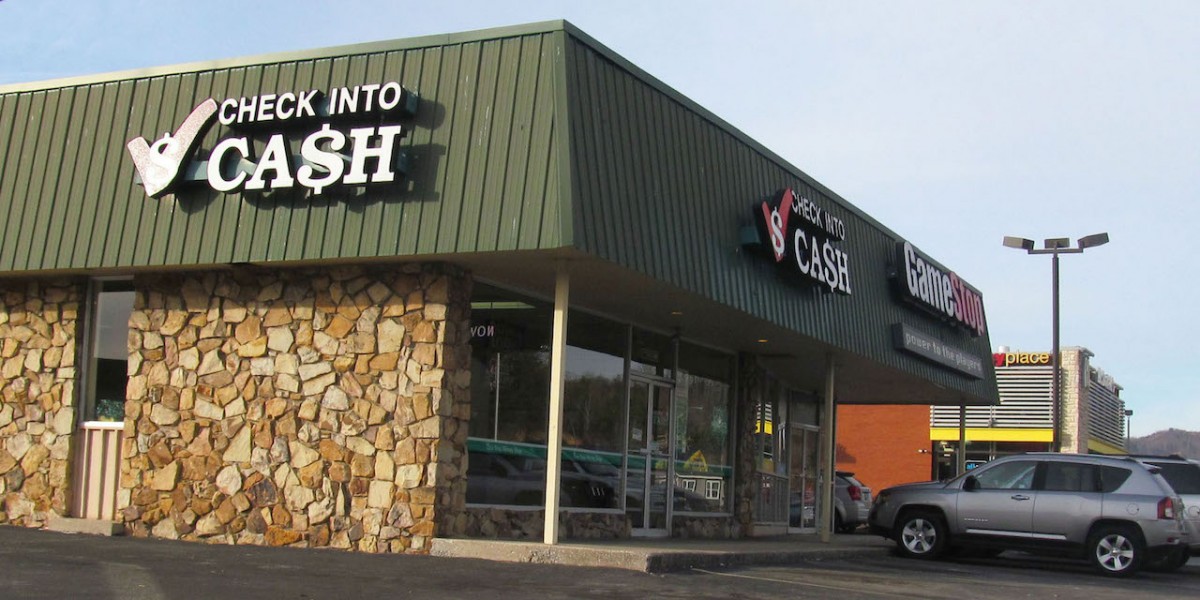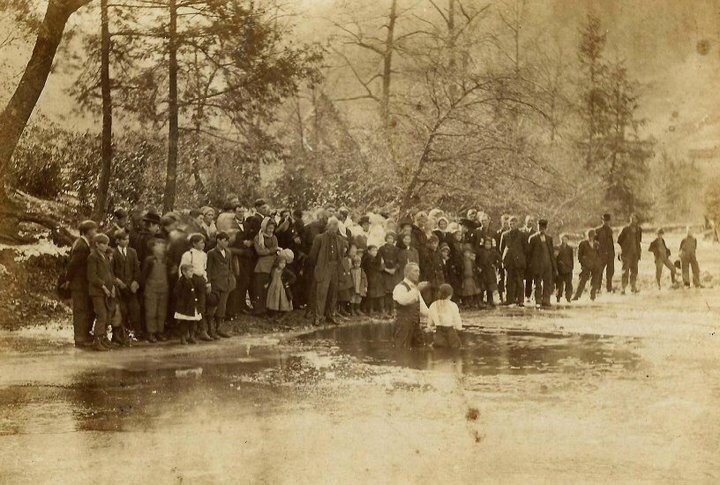When I attended Clintwood High School throughout the mid-’90s, there was an amazing lack of ethnic diversity. Our school was 99.8 percent white. The one student of color who attended CHS had been adopted and raised by a white family. It goes without saying that we had a very limited understanding of diversity. What little we did know came in the form of ’80s and ’90s whitewashed television programming pulled in with our 10-foot diameter c-band satellite dishes perched up on the hillside.
According to some, I should be racist. I was from the South, I was raised in a predominantly white area, and my hometown had even been renamed after Henry Clinton Wood, a Major in the Confederate army. So why ain’t I? Why do I stand in solidarity with people of color against injustice and the institutionalized racism of our nation?
It’s because our parents and the United Mine Workers taught us differently.
The few people of color in our county lived in the small town of Clinchco, Virginia, an old coal camp built by Clinchfield Coal Company. Like the rest of us, they were coal mining families. Their grandparents and great-grandparents had moved from the deep south searching for a better life. Though still wrought with oppression thanks to company-owned towns and the mine guard system, many people saw coal mining to be more preferable than sharecropping in the Jim Crow south. While racism was still unavoidable in certain places throughout Appalachia, the United Mine Workers gave everyone rights as laborers and justice when facing the greed and oppression meant to subjugate us all to the will of the wealthy elite.
What racism did occur was often brought on by the coal companies themselves and the local elites who sought to divide the workforce and prevent unionization. They segregated the housing, churches, and bathhouses, doing what they could to socially and racially stratify us.
But the union wouldn’t stand for racism and segregation. As my dad once said, “It doesn’t matter what color your skin is when you go into the mine, we all come out the same color, and so do our lungs.” This was the understanding of equality that was passed to me and my brother.
It was this sense of equality that held us all together, keeping our union and our communities close-knit and strong. It was this same understanding that led Martin Luther King, Jr. to the Appalachian coalfields in his work on the Poor People’s campaign. He had long known that the issues of racism have been rooted in classism and that classism has always been rooted in economics.
In the years since the union fell, the belief in equality that once bound our communities together has faded. Each calculated move by the industry has seen to the demise of our solidarity, starving us out during each strike, shutting down union operations, and even corrupting union leadership. In the absence of our once mighty union, the industry has guided us once again towards classism among the poor and middle class, classism that gives way to prejudice and racism.
We are caught between multimillion-dollar misinformation campaigns aimed at our continued exploitation, and the condescension afforded us by a liberal elite who believe us too stupid, too far gone, to help ourselves. What we need now are voices that call out clearly across the divide of populist politics, voices that cannot be easily drowned by the money of industry and philanthropies alike. We need voices that unite us all, from the coal mines to the inner cities, from the fields of migrant workers to the sweatshops of Bangladesh. If we are ever to find true justice in this world, we must stop letting money speak louder than our own voices of reason and equality.
“It is a cruel jest to say to a bootless man that he should lift himself up by his own bootstraps. It is even worse to tell a man to lift himself up by his own bootstraps when somebody is standing on the boot.” – Martin Luther King, Jr.
This article was first published on The Thoughtful Coal Miner.



